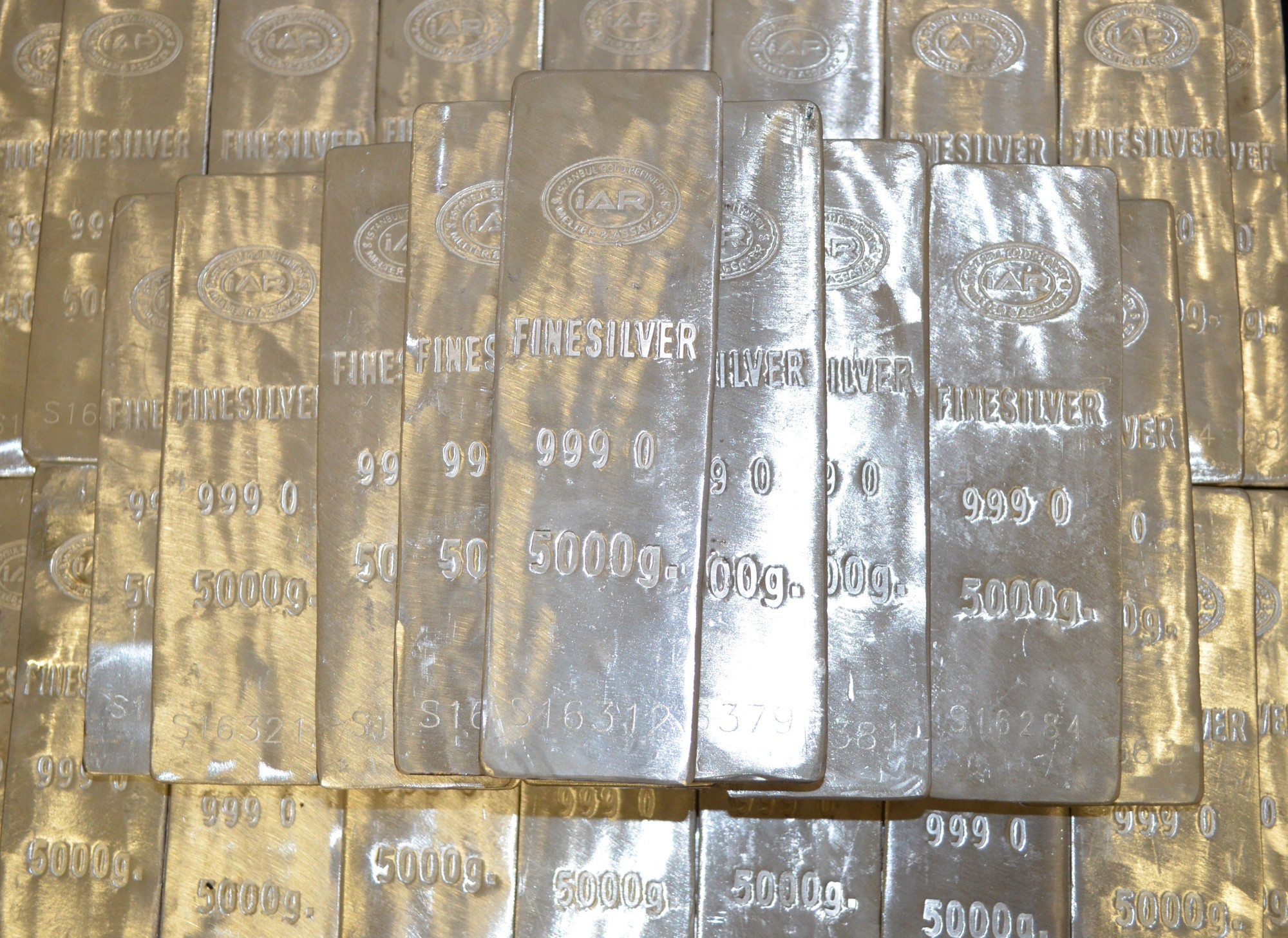CBD vs. THC: What’s the Difference?

Have you been hearing more about marijuana lately? That’s because we’re in the thick of a nationwide weed revolution. Legalization of the drug is sweeping the country, and lawmakers are starting to ease up on possession penalties as well.
But how much do you actually know about marijuana and the chemical compounds it contains? Do you know the difference between CBD and THC and how they affect people differently?
If you want to know more, keep reading. We’ll break down the two most common compounds found in marijuana, discuss what they do to our brains and bodies, and discover their unique medical benefits.
The Difference between CBD and THC
Let’s start with the basics. Simply put, CBD and THC are both chemical compounds found in marijuana. THC is short for tetrahydrocannabinol and CBD stands for cannabidiol.
Although there are over 100 compounds in marijuana, these two are the most common. Researchers have known for decades that THC is the compound in marijuana that gives people the classic “high” feeling. But it wasn’t until recently that they started to look into the effects of CBD.
CBD has non-psychoactive health benefits that, when used together, can serve to balance out the psychoactive effects of THC. But, when separated, CBD allows people to reap the medical rewards of marijuana without getting high.
So, how does this work? Let’s dive in a little deeper to find out.
How THC Affects the Brain
After smoking marijuana, THC travels through your bloodstream and up to your brain in a matter of seconds. If you ingest it, the timing can vary.
THC closely resembles a chemical in our brains called anandamide, which functions as a neurotransmitter. For this reason, it’s easy for the body to recognize and process it. Our bodies’ natural cannabinoids affect the areas of the brain that control coordination, pleasure, the perception of time, movement, and memory.
When THC enters the brain, the body recognizes the similarity, and the THC attaches to the brain’s cannabinoid receptors. It stimulates these receptors, therefore affecting the same factors listed above (pleasure, memory, etc.).
This stimulation has a massive effect on everything from human interaction to physical movement. Smoking or ingesting THC may render some people unable to perform simple tasks, and may also cause a sensation of euphoria.
How CBD Affects the Brain
CBD, which is commonly ingested as an oil or powder, has a very different effect. When CBD enters your bloodstream and travels to your brain, it interacts with your brain’s cannabinoid receptors, like THC.
But unlike THC, this interaction is indirect instead of direct. This is why CBD is not a psychoactive substance.
What Are CBD and THC Used for?
Both CBD and THC have powerful medicinal purposes. But their uses are quite different.
Medical Uses for THC
With its relaxing and hunger-inducing effects, THC comes in handy when treating a number of different ailments. Here are a few of the most common ways it’s used.
Anorexia and Other Eating Disorders
With a dose as low as five milligrams or as high as 20 milligrams, users will feel THC’s hunger-enhancing magic.
This works wonders for those who are in recovery from anorexia and other eating disorders. It also helps people suffering from cachexia as a result of HIV or AIDS.
Epilepsy
The treatment of epilepsy is one of the oldest uses for THC. It has anti-convulsant properties, so it can treat and even prevent seizures.
Auto-Immune Diseases
In addition to providing relief from pain caused by auto-immune diseases, THC also has anti-inflammatory properties. This is helpful for conditions like arthritis and ulcerative colitis.
Mental Health Issues
THC’s effects are helpful in treating many psychiatric ailments. This can range from depression to sleep disorders. However, it’s best to use THC on a case-by-case basis because for some people, it may exacerbate these issues.
Medical Uses for CBD
If you’re looking for non-psychoactive relief, the best option is CBD versus THC. It’s currently gaining popularity for the following issues:
Pain Relief
Whether the sufferer has chronic pain or pain associated with a short-term malady, CBD can help. This is useful after an accidental injury or during treatments like chemotherapy.
Acne
If only we all knew about this one during our teen years. CBD not only has amazing beauty benefits for the skin, it can also help people who suffer from severe acne.
By lessening activity in the skin’s sebaceous glands, CBD balances out skin’s oil production and prevents breakouts.
Cancer
Although this research is still new, some studies show that CBD may stunt cancer cell growth by reducing inflammation and preventing malignant cells from reproducing.
Although it’s not a sure thing yet, we do know that CBD relieves side effects and symptoms in cancer patients.
Neurodegenerative Diseases
While this research is also in the early stages, CBD may help treat diseases like Alzheimer’s, Parkinson’s, and multiple sclerosis. Since it interacts with the CB1 receptor, it may prove useful in treating conditions that cause brain and nerve deterioration.
Anxiety
Similarly to THC, CBD is also great for treating anxiety. It works by interfering with the way your brain responds to serotonin. This helps reduce stress, improves sleep, and slows the heart rate.
Are you curious about getting your hands on some top-notch CBD oil? Click on the link for more info.
Wrapping Up
Although they are both derived from the same plant, there is a major difference between CBD and THC.
TCH, which is psychoactive, creates a relaxed, “high” feeling that can stimulate hunger and relax the muscles. This is great for treating eating disorders and inflammatory diseases.
CBD, on the other hand, is non-psychoactive. It still interacts with our brain’s cannabinoid receptors, just in an indirect way. It’s most commonly used to treat anxiety, skin conditions, and chronic pain.
Each person has different needs, and these treatments should be used with care. Talk to your doctor if you’re unsure whether or not these substances are right for you. And if you have any questions, feel free to contact us!



